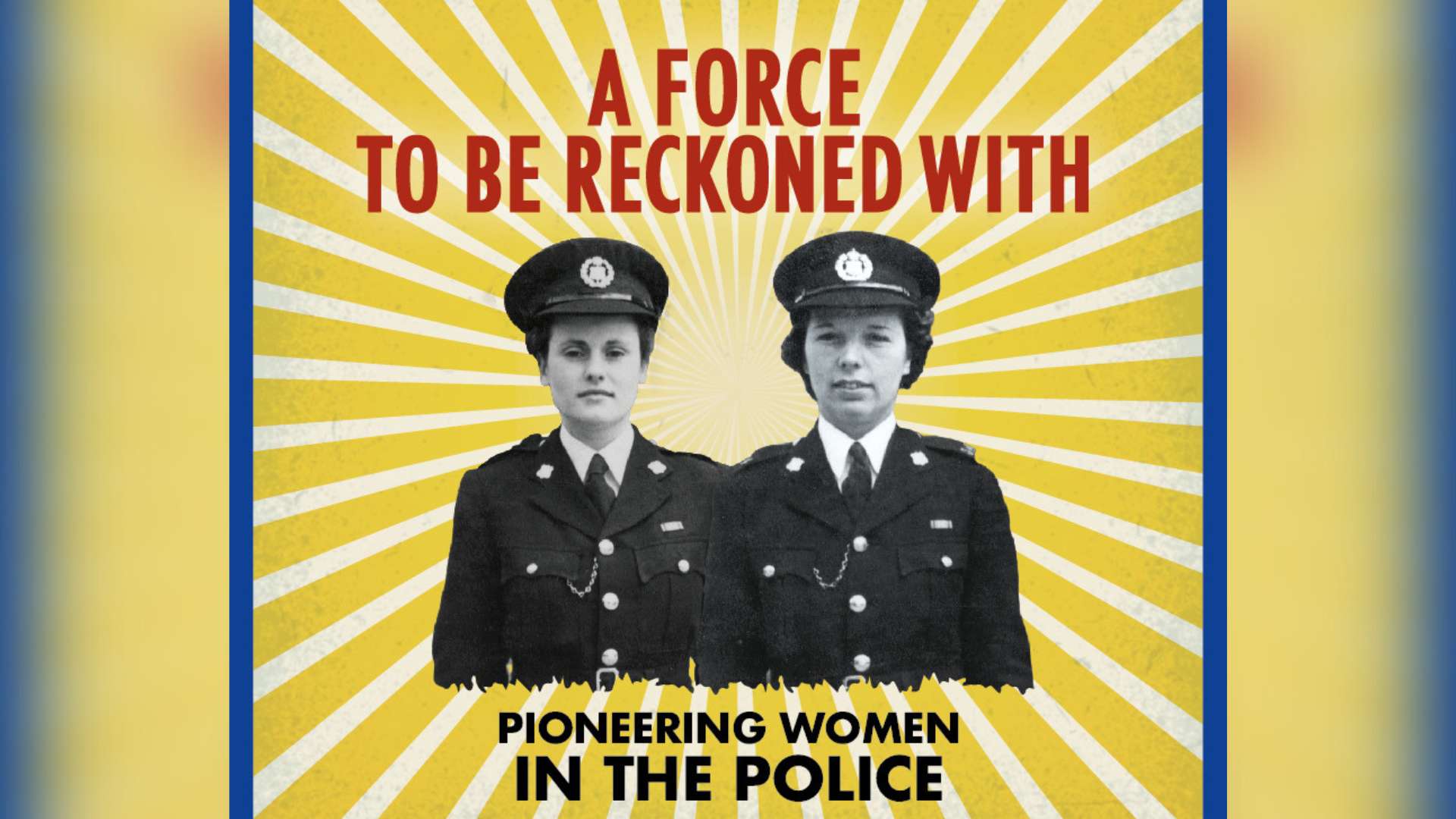Amanda Whittington talks to us about her new play Atalanta Forever, which dramatises the remarkable rise and fall of women’s football in the early 1920s.
Atalanta Forever will open at the National Football Museum on Saturday 18 April and then tour till late October.
Full tour details can be found here
Your new play Atlanta Forever is heading out on tour, what can you tell us about it?
Atalanta Forever is about the rise of women’s football in 1920’s Britain, the incredible success it had and the resulting FA ban, which effectively set women’s football back a century. It follows a little-known team from Huddersfield – Atalanta AFC – who only played for 18 months. You could say they were plucky underdogs and we look at the rise and fall of the women’s game through their story.
What inspired you to write this play?
The success of women’s football in the 1920s has come to light in recent years but it’s not as widely known as it ought to be. Atalanta AFC is almost a footnote to the story of the big women’s clubs but because there’s little known about them beyond who they played and where, I could be more creative in telling their story. I also drew strongly on my own experience of growing up in the 1970s, playing football, loving the game but knowing that unlike the boys, there was no future in it for me beyond a kick-about in the garden. As a ten-year-old, I’d experienced that inequality and discrimination, and I wanted to explore that.
Do you think audiences will be surprised that women’s football has such a long history?
Definitely! I was surprised myself, and it’s been a voyage of discovery to write this play. Women were playing organised football in Victorian times and the ban was challenged at various points during the 20th century. Some of the audience may have heard of Dick, Kerr Ladies, the titans of women’s football in the 1920s. There are some excellent social history books written about them and the women’s game in general. Our play is inspired by that history and imagines what might have happened when one of those teams were formed.
Why do you think the story of women’s football will make such a compelling story for the stage?
It’s a story of injustice. Women’s teams were attracting tens of thousands of spectators in the 1920s, which proves what a good game of football they played. On one level, the story of the ban is one of pure prejudice, but it also links into changing social attitudes towards women, and the trauma of World War One on the British psyche. Having said that, Atalanta Forever is an upbeat, funny, irreverent look at football. We have songs written specifically for the show by Keiran Buckeridge and the production has fun with the footballing clichés we all know and love. It’s a celebration of women’s football in the 1920’s not a lament.
What would you say to anyone thinking of coming to see Atlanta Forever?
You don’t have to love football to enjoy the show but if you do, you’ll find the story resonates today, in what is a golden age of women’s football. The play is commissioned by Mikron Theatre and written specifically for non-theatre venues, so you’ll find us in pubs, community spaces and gardens across the country. It’s written for a family audience, so I hope young, aspiring footballers – particularly girls – will get to see it, and understand a little more about the fight for their right to play. It’s a proudly small-scale show but it tells a big story.
Atalanta Forever starts its national tour at the National Football Museum on the 18 April and tours through to late October. For info visit https://mikron.org.uk/shows/atalanta-forever

















